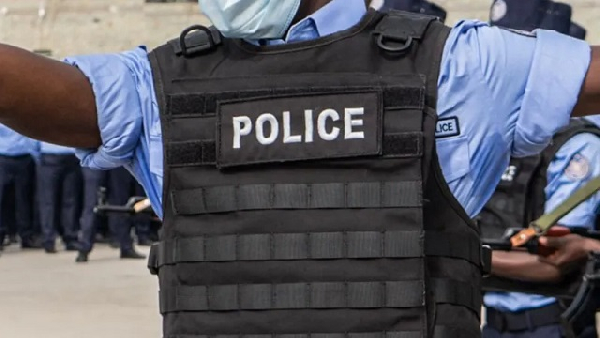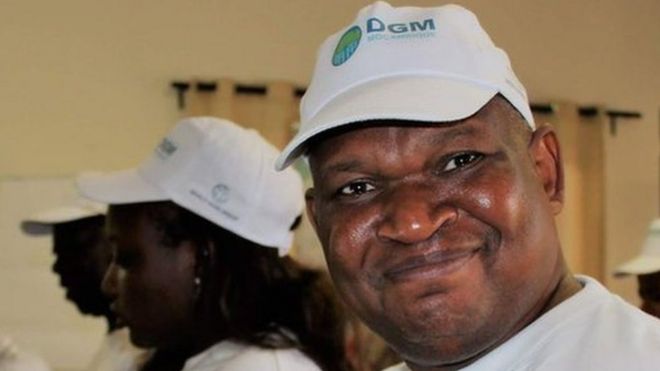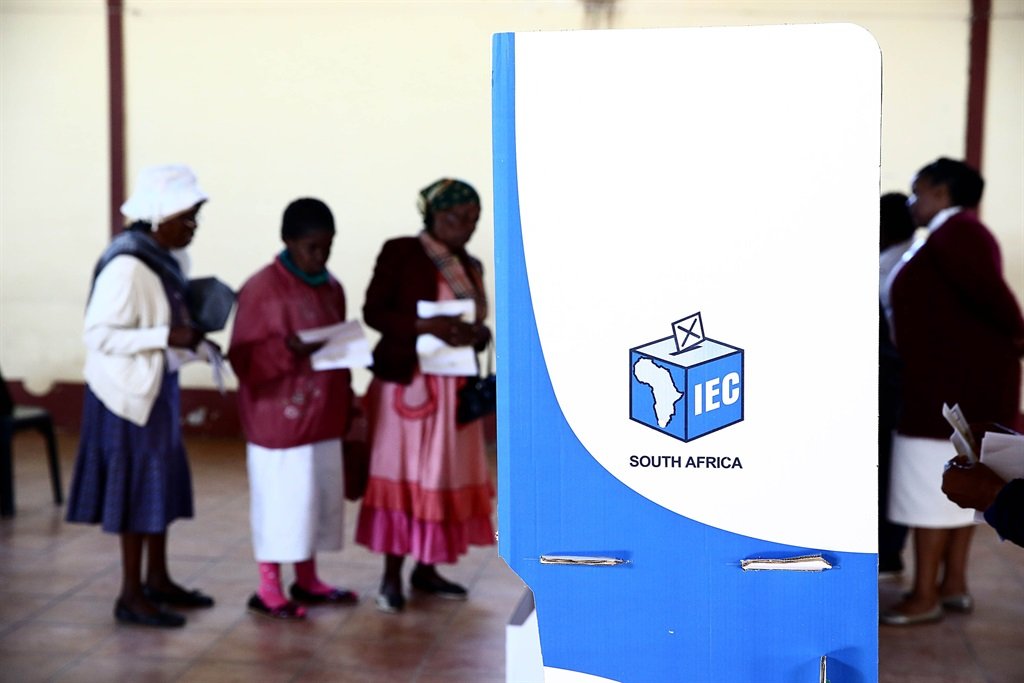Eritrean refugees describe police crackdown in Ethiopia

Eritrean residents in Ethiopia’s capital have reported widespread arrests among their community, sparking fear among refugees and asylum seekers who fled their homes in search of a better life.
While not unprecedented, the scale and intensity of the current crackdown in Addis Ababa is significant, with hundreds reportedly detained in recent weeks.
The city’s police did not respond to the BBC’s requests for comment but the Ethiopian Human Rights Commission – an independent body set up by the country’s parliament – said it would launch an investigation.
Eritrea and Ethiopia share a border and tension between the two neighbours has been fraught for decades.
Ties appeared to strenghten following a 2018 peace deal, only to deteriorate again.
One Eritrean refugee, who wished to remain anonymous for safety reasons, said he was arrested after someone heard him speaking Tigrinya – a language used in Eritrea, as well as Ethiopia’s Tigray region.
“We were sitting in a café when someone overheard us speaking Tigrinya and called the police.
“Six officers arrived and detained us. Later, the inspector in charge demanded cash to release us, with payments arranged secretly to avoid evidence,” he alleged.
Many Eritreans in Addis Ababa are refugees who fled forced military conscription and government oppression in their country of birth.
Over 20,000 Eritreans have crossed into Ethiopia this year, adding to the 70,000 refugees already registered in the country.
While some Eritreans sought safety in Ethiopia after a brutal civil war erupted in Sudan 18 months ago,
One refugee told the BBC that his sister was arrested on her way to the shops and had been held in custody for three weeks.
“I can’t visit her because I fear being arrested myself, so I send Ethiopian friends to check on her and deliver food and clothes. I worry they might deport her to Eritrea,” he said.
Returning to Eritrea would put many refugees at risk of imprisonment.
While some detainees have been released, many remain in custody. Some have been held for weeks or even months without due process.
The UN refugee agency (UNHCR) told BBC Tigrinya it had received reports of Eritrean refugees being detained and expressed deep concern over the matter.
Refugees are getting increasingly desperate, with many seeking alternative ways to leave Ethiopia. But there are reports Eritreans have even been arrested while attempting to inquire about the travel documents they need to leave.
The arrests have highlighted broader concerns about Eritrean refugees’ safety across Ethiopia. At Alemwach refugee camp in the Amhara region, refugees speak of frequent robberies, kidnappings, and physical assaults by armed groups.
“Some refugees have been shot, while others have been stabbed for their belongings, like mobile phones. At least nine refugees have been killed in the past year,” said a representative from the camp.
Some refugees are drawing parallels to the mass arrests and deportations of Eritreans during the 1998–2000 war between the two countries, when thousands were forcibly expelled from Ethiopia.
Ties have deteriorated once again following the end of a two-year civil war in Ethiopia’s northern Tigray region.
Flights and phone lines between the two countries have been suspended, and diplomatic contact between their leaders has ceased.
Eritrean refugees in Ethiopia are calling on the international community, particularly the UN and rights organisations, to intervene.
One Eritrean who has lived and studied in Addis Ababa for six years, described the arrests as indiscriminate and deliberate.
“Both documented and undocumented Eritreans are being targeted. Even mothers visiting detained family members have been arrested,” he told the BBC.
Another refugee said: “The arrests are unjustified, and our lives are in danger. We fled persecution in Eritrea, only to face it here.”
Source: bbc.com





